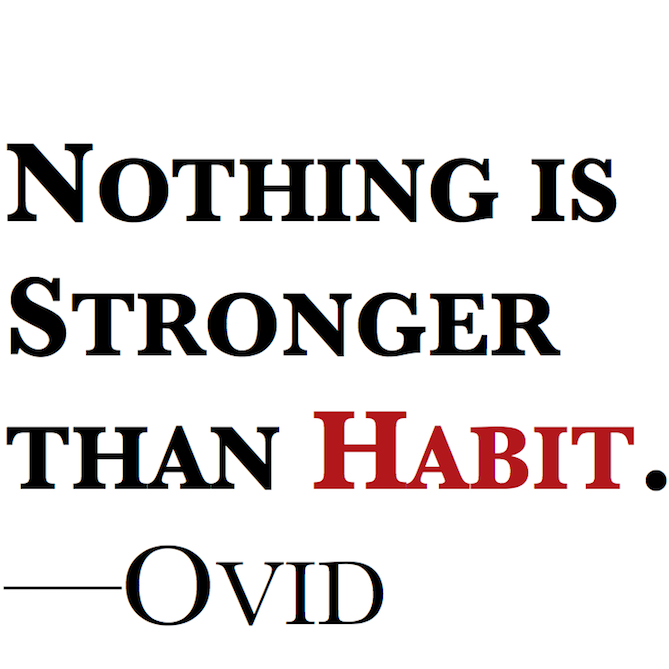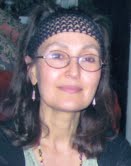
Holding On for Dear Life
Selma Gokcen
“Doing in your case is so ‘overdoing’ that you are practically paralysing the parts you want to work.”
—F.M. Alexander
As an Alexander Technique teacher, I work with many cellists who are in distress—the kind of distress that means they can’t play for the time being. Their conditions vary from tendinitis to De Quervain syndrome to back pain to focal dystonia. The list is long but one thing most of them share is the habit of ‘holding on to themselves.’ What do I mean by this? When they are in a position of rest on my teaching table—lying on their backs with their heads also resting on a small pillow—they remain gripped by tension in their necks, backs, arms and legs that may take us many months to undo. They aren’t of course playing, nor even thinking about doing so, they are at rest….but their holding on has become part of their response to life in general.
So when we finish playing, do we pack up our habits with our instruments? And how much of our habits of movement do we bring to playing when we unpack that cello?
Before discovering the Alexander Technique, when I had problems at the cello, I always searched for their solution in the technique of the cello. It did not occur to me to look more deeply into what I was doing in my everyday life that might—and indeed did in the end—have a profound effect on my cello playing. What Alexander called the Use of the Self (how we use the whole of ourselves moment to moment) determines successful functioning in daily activities like sitting and standing, as well as skilled ones like singing or playing.
Alexander discovered that most of us go wrong in the preparation phase of movement, and after 20 years in the work, I am beginning to see just how strongly our neuromuscular system registers the ‘thought’ of doing something familiar and well-practised. So holding on arises in us from preparing to do something, not just in the act of doing it. And that’s how, very gradually, we are conditioned to use too much effort for everything we do, not just playing the cello.
At the risk of sounding like the church minister warning about lusting after thy neighbor’s wife being the same as bedding her, I invite you to make the experiment with an Alexander teacher. You only have to think about making a movement for the teacher to detect your intention. The preparation phase determines the effortless quality of the movement, so to raise the bow one takes care first of all not to tighten in the neck and not to contract the spinal column. This attention to the whole self makes the movements of our limbs so much easier and the fingers more accurate.
In truth we play the cello from head to toe and to honour this truth, our thinking, our awareness has to expand to include all of ourselves and our surroundings as well, which also contribute to our support and deserve our attention.
Subjects: Playing Healthy
Tags: accuracy, act, Alexander Technique, attention, Awareness, back, blog, cello, cello playing, cellobello, detect your intention, discovery, distress, effect, effect on cello playing, effortless quality, experiment, familiar, fingers, Gokcen, Habits, head to toe, holding, motion, neck, neuromuscular system, our surroundings, overdoing, pack up our habits, position of rest, Preparation, response, response to life, Selma, sitting, solution, standing, successful functioning in daily activities, support, tension, the preparation phase of movement, well-practiced
